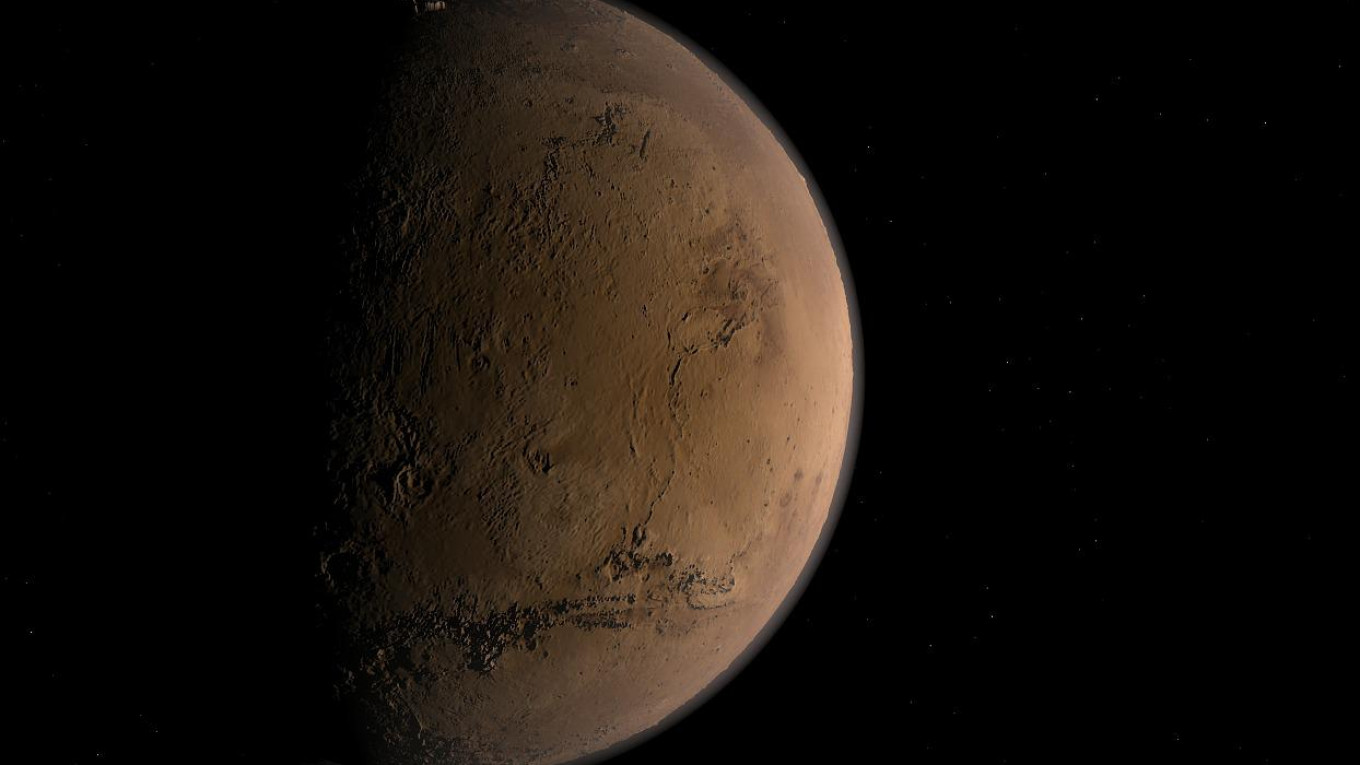“We have set a clear goal vital to the next chapter of America's story,” U.S President Barack Obama wrote in an op-ed published by CNN on Oct. 11. “Sending humans to Mars by the 2030s and returning them safely to Earth,” he declared, echoing the famous words of President John F. Kennedy in the 1960s that propelled Americans to the Moon.
Not so fast, says the Russian Academy of Sciences (RAS). Such a voyage will not be technologically possible for another 40 to 50 years, according to Igor Mitrofanov, the head of nuclear planetology at RAS's Institute of Space Research. While the physics of sending a ship to Mars have been well demonstrated by the Americans, radiation will kill their astronauts, he said.
“A possible solution to the radiation problem that prevents further human spaceflight [beyond the Moon] is to do a quick flight to Mars. If we can fly there in two weeks or a month, we can predict the level of background radiation,” Mitrofanov said, referring to the potentially deadly and unpredictable emissions of radiation from the Sun.
Mitrofanov also questioned that astronauts can find any respite from radiation on Mars, as the planet has a weak magnetic field. The surface is also hit by deadly radiation from the Sun, unlike the Earth, which has a strong magnetic field to deflect the particles. “So we need a special machine on Mars to build a fallout shelter for the crew.”
Luckily, NASA and various private organizations gunning for the Red Planet, like Elon Musk's SpaceX, are thinking about these things, too. Musk last month unveiled a vision of Mars colonization that will begin in the 2020s using large and fast transport ships, and construction of shelters on the Martian surface.
No Russian state agency or private company has offered a competing vision, though the private airline S7 is making a bid for the market Musk and other billionaires opened for private exploitation — commercial space launches. Read The Moscow Times' report on that story here.
This article was written by Matt Bodner of The Moscow Times.
A Message from The Moscow Times:
Dear readers,
We are facing unprecedented challenges. Russia's Prosecutor General's Office has designated The Moscow Times as an "undesirable" organization, criminalizing our work and putting our staff at risk of prosecution. This follows our earlier unjust labeling as a "foreign agent."
These actions are direct attempts to silence independent journalism in Russia. The authorities claim our work "discredits the decisions of the Russian leadership." We see things differently: we strive to provide accurate, unbiased reporting on Russia.
We, the journalists of The Moscow Times, refuse to be silenced. But to continue our work, we need your help.
Your support, no matter how small, makes a world of difference. If you can, please support us monthly starting from just $2. It's quick to set up, and every contribution makes a significant impact.
By supporting The Moscow Times, you're defending open, independent journalism in the face of repression. Thank you for standing with us.
Remind me later.






